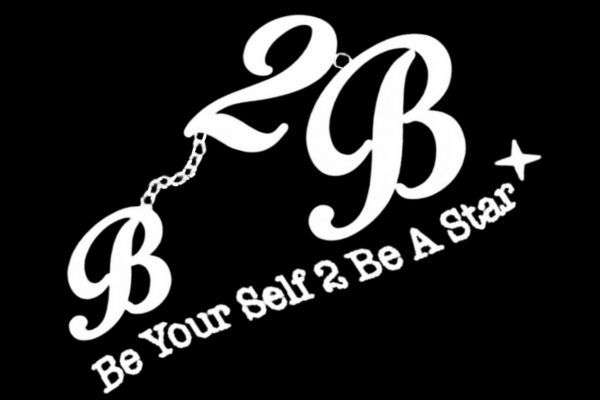Effective Communication Skills for Professional and Personal Growth

Introduction:
Communication is the foundation of all relationships, both professional and personal. Developing strong communication skills can enhance your ability to collaborate, resolve conflicts, and build meaningful connections.
Active Listening:
One of the most important communication skills is the ability to listen actively. This means giving your full attention to the speaker, understanding their message, and responding thoughtfully. Active listening shows respect, builds trust, and helps prevent misunderstandings.
Clarity and Precision:
In both written and verbal communication, clarity is key. Be concise and direct to ensure your message is understood. Avoid jargon or overly complex language that may confuse your audience. The clearer your communication, the more effective it will be.
Non-Verbal Communication:
Communication isn’t just about the words you use—body language, eye contact, and tone of voice all play a significant role in conveying your message. Be aware of your non-verbal cues, as they can either reinforce or contradict what you’re saying.
Conclusion:
Effective communication is a skill that can lead to stronger relationships, better collaboration, and personal growth. By practicing active listening, communicating with clarity, and paying attention to non-verbal signals, you can enhance your communication skills in all areas of life.




